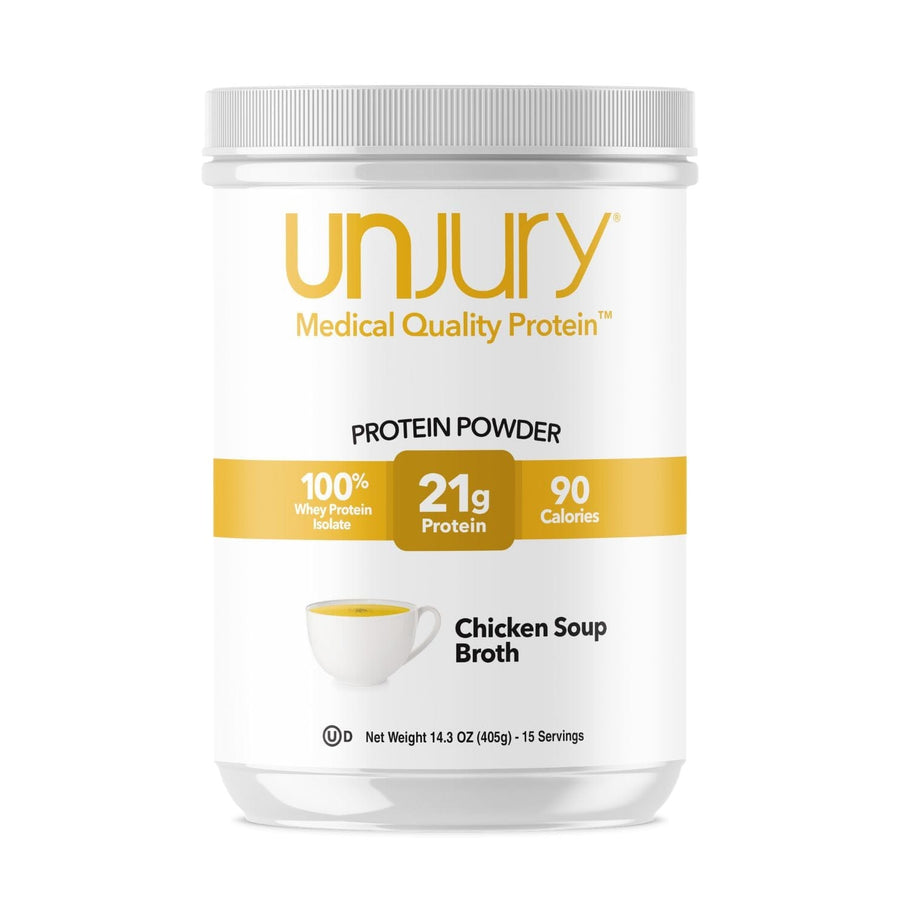How to Stop Feeling Hungry All the Time: Proven Tips to Stay Full
“I’m hungry all the time. What can I do?”
If you’ve ever found yourself constantly thinking about your next meal or snack, you’re not alone. Hunger is a normal part of life, but when it feels like it’s taking over your day, it’s time to take a closer look at what might be going on.
The truth is: You can’t eliminate hunger completely, and you shouldn’t try to. Your body needs fuel to function well. But you can learn to manage it in a way that keeps you satisfied, nourished, and in control.
Every person’s journey is different, especially after bariatric surgery or when making big lifestyle changes. It may take some trial and error to find the meal plan, eating schedule, and protein routine that work best for you.
In the meantime, here are some proven tips to help you manage hunger and feel your best throughout the day.
Top Tips for Managing Hunger
- Stick to a Consistent Eating Routine
Aim for regular mealtimes and planned snacks so your body learns when to expect food. This helps regulate hunger hormones and reduces those random “I’m starving” moments. Try not to skip meals—it often backfires later in the day.
- Prioritize Protein at Every Meal
Protein is your hunger-fighting friend. It digests more slowly than carbohydrates, helping you feel fuller for longer. A good goal is about 30 grams of protein at breakfast, lunch, and dinner.
Example meal ideas:
- Breakfast: 2 scrambled eggs, 1 Unjury® Protein RTD, and a handful of berries
- Lunch: 2 oz. cubed chicken, veggies, and a cup of Unjury Chicken Soup Protein
- Dinner: 4 oz. lean meat, steamed vegetables, and ½ cup of whole grains
If you’re falling short, consider adding protein supplements to help meet your daily needs.
- Don’t Fear Healthy Fats and Fiber
Healthy fats (like avocado, nuts, and olive oil) and fiber (from veggies, fruits, and whole grains) both help you stay satisfied between meals. They slow digestion and help balance blood sugar, which can prevent those intense hunger spikes.
- Stay Hydrated
Sometimes, thirst disguises itself as hunger. Sip water throughout the day and aim for at least 64 ounces daily (or whatever your care team recommends). You can also try herbal teas, flavored waters, or broth for variety.
- Try Targeted Support Supplements
For those on GLP-1 medications or managing appetite after bariatric surgery, additional tools can help. Products like GLP-ONE + Receptor Activator and GLP-ONE Support Gut Health Booster Prebiotic Fiber Powder are designed to support healthy appetite control and gut function naturally.*
They’re a great complement to your daily routine—ask us for more details if you’d like to learn about them!
- Pause Before You Respond to Hunger
Not every hunger cue needs immediate attention. If you feel hungry, pause for a moment and ask yourself:
- When was my last meal?
- Am I physically hungry, or am I stressed, bored, or tired?
- Would a glass of water or a quick walk help first?
Being mindful in these moments can help you stay in control.
The Bottom Line
Hunger is part of being human, and you don’t have to be afraid of it. The goal is to create a routine that works for your lifestyle and supports steady energy, good nutrition, and lasting comfort.
If you need help building your protein routine, adjusting your meal plan, or finding products to support your appetite management, we’re here for you.
Reach out anytime—we’d love to help!













